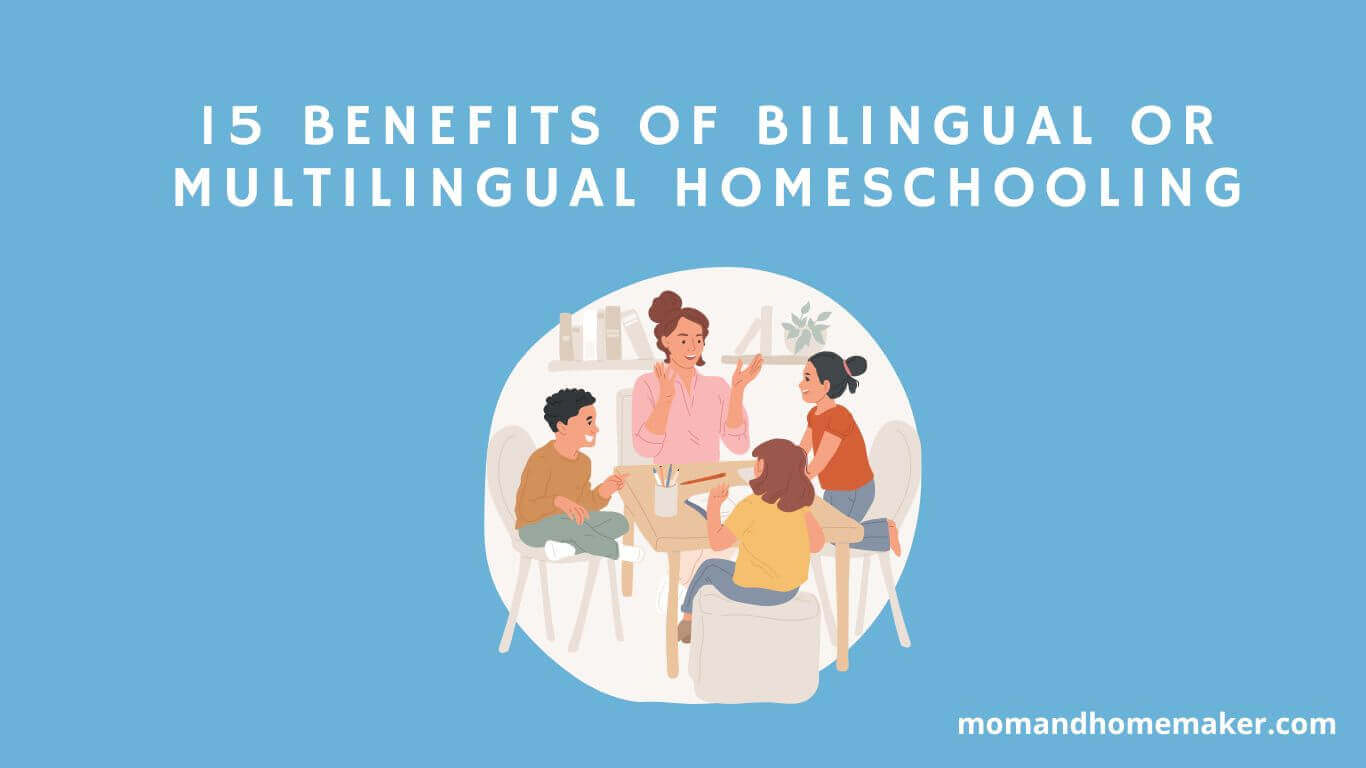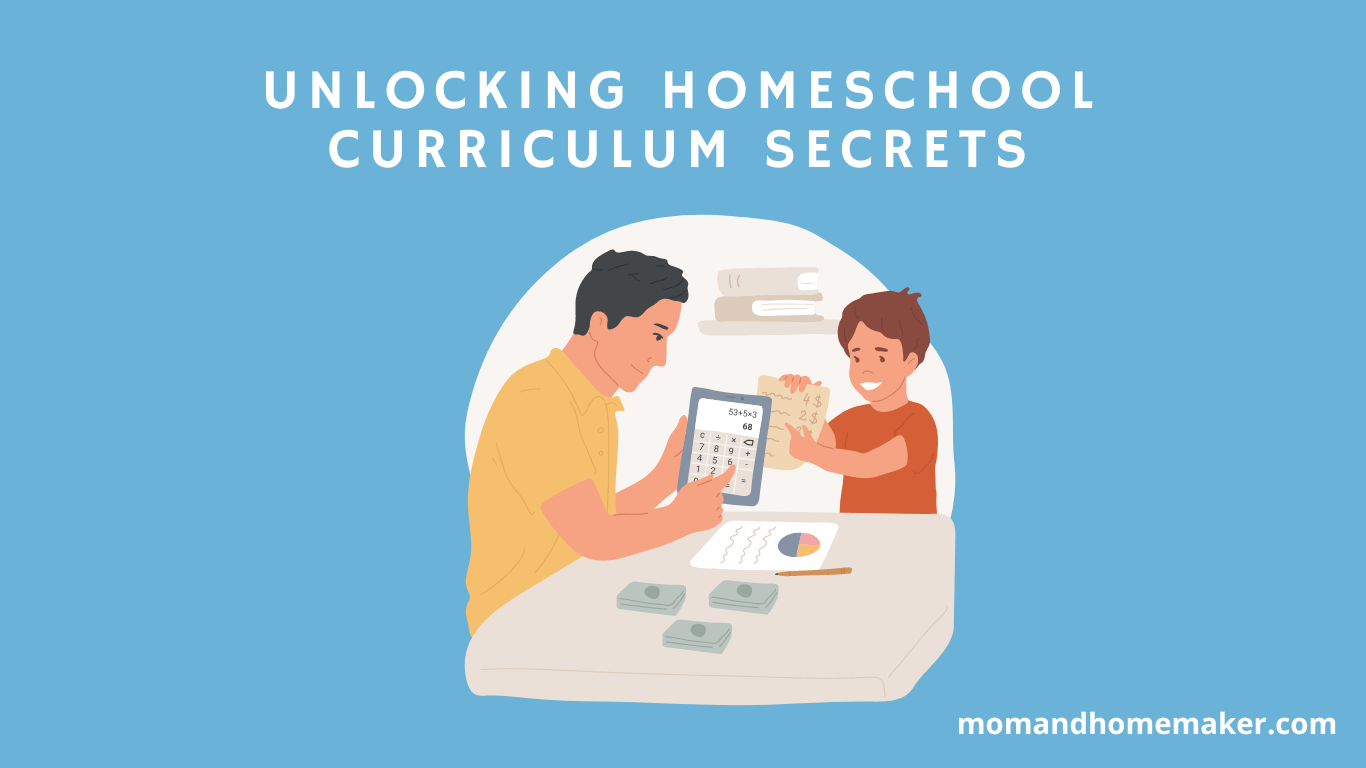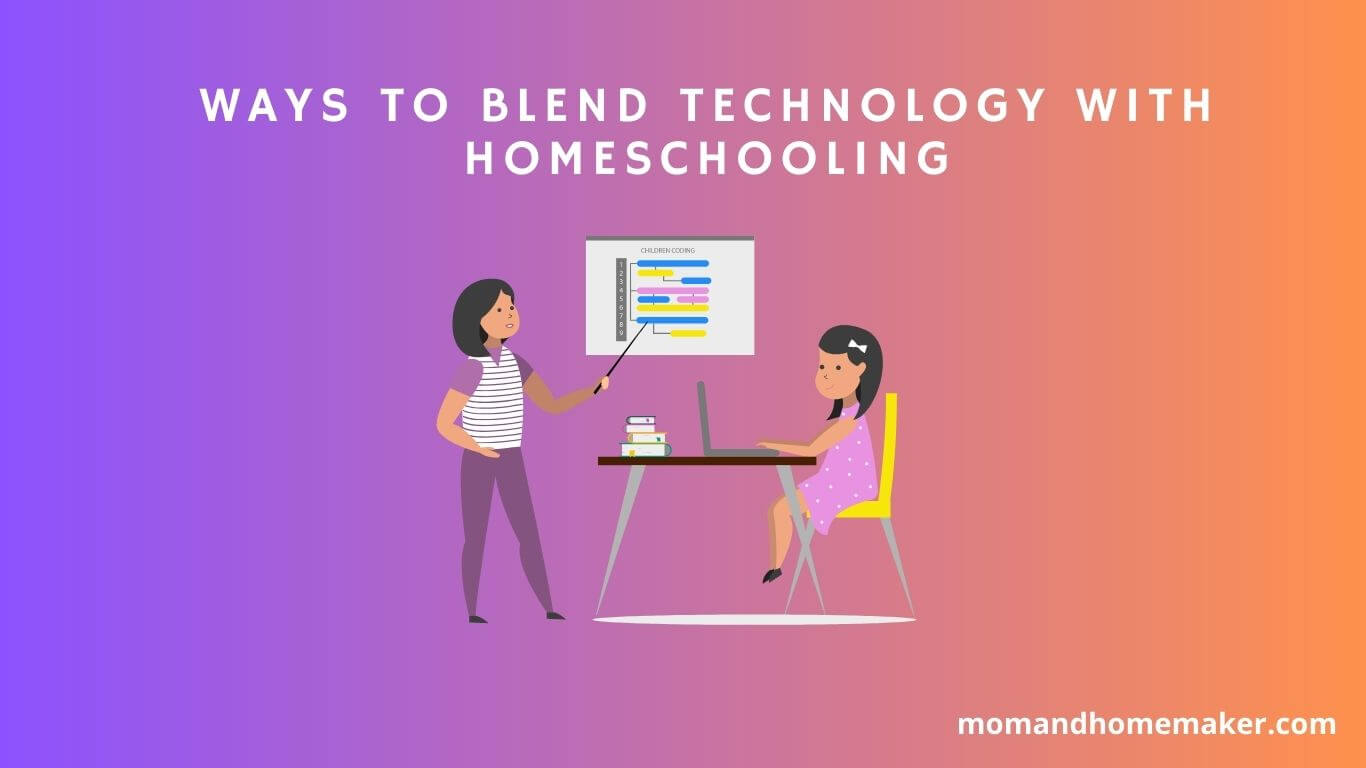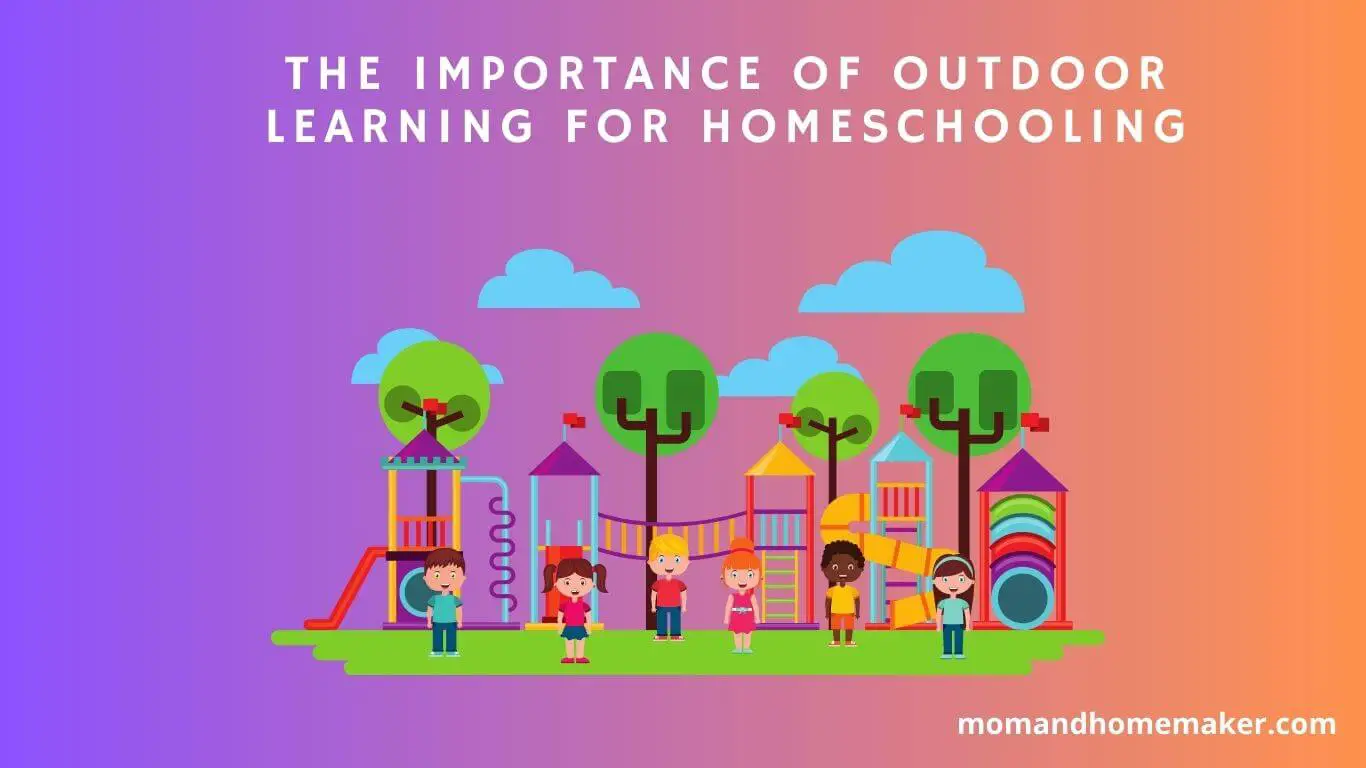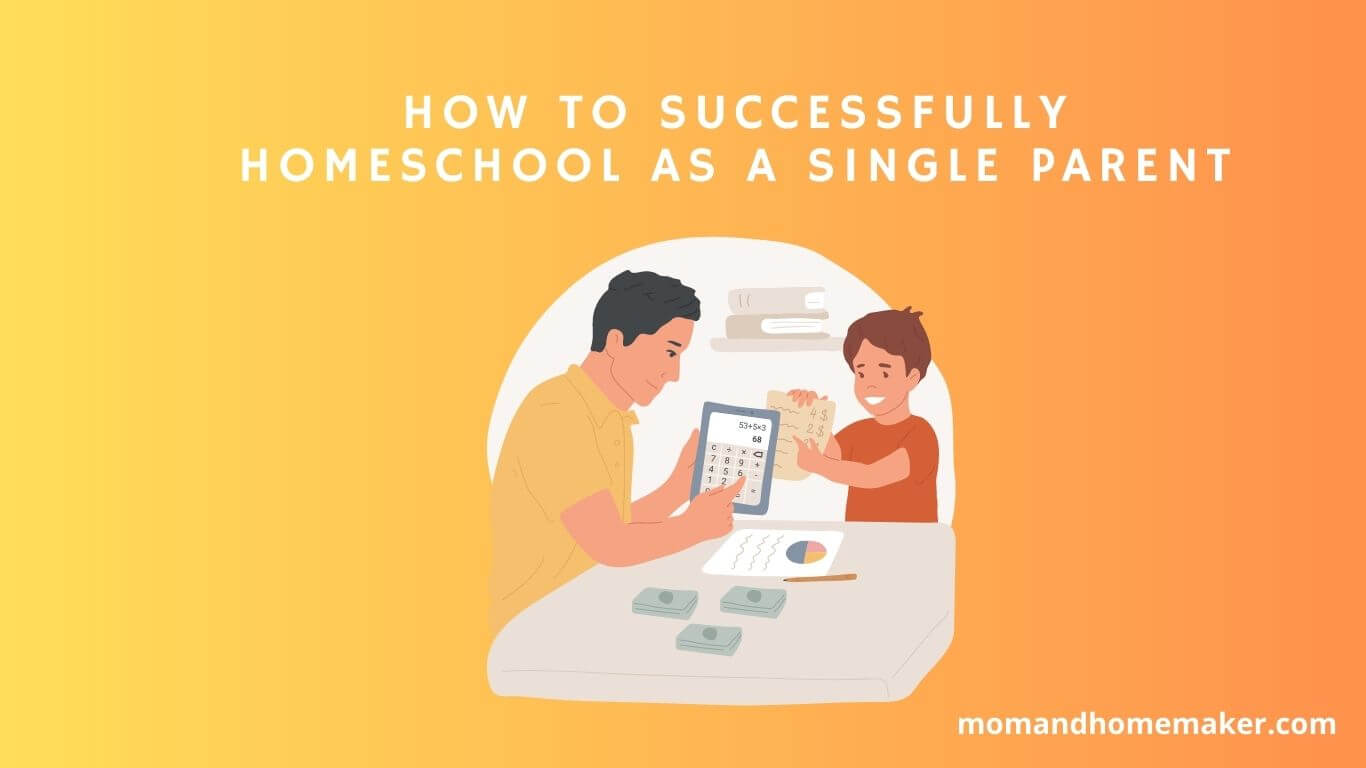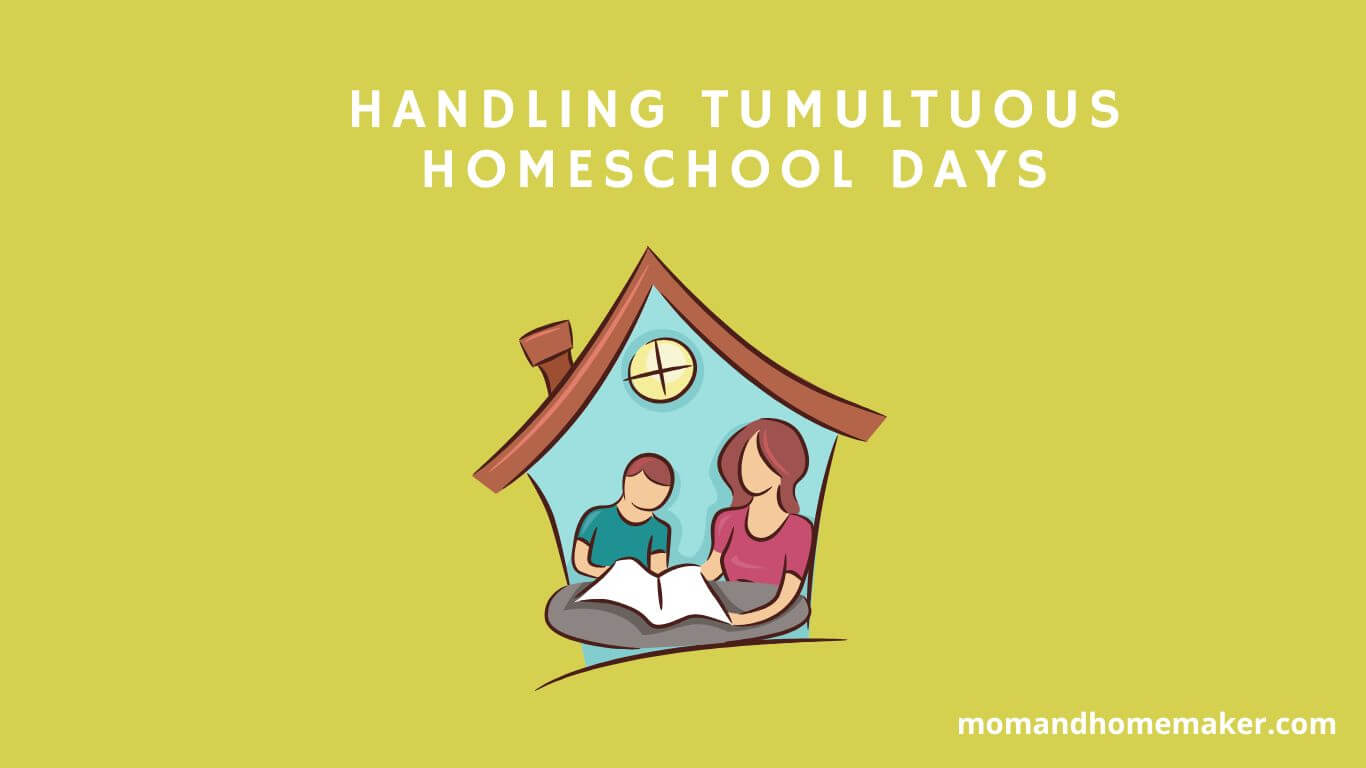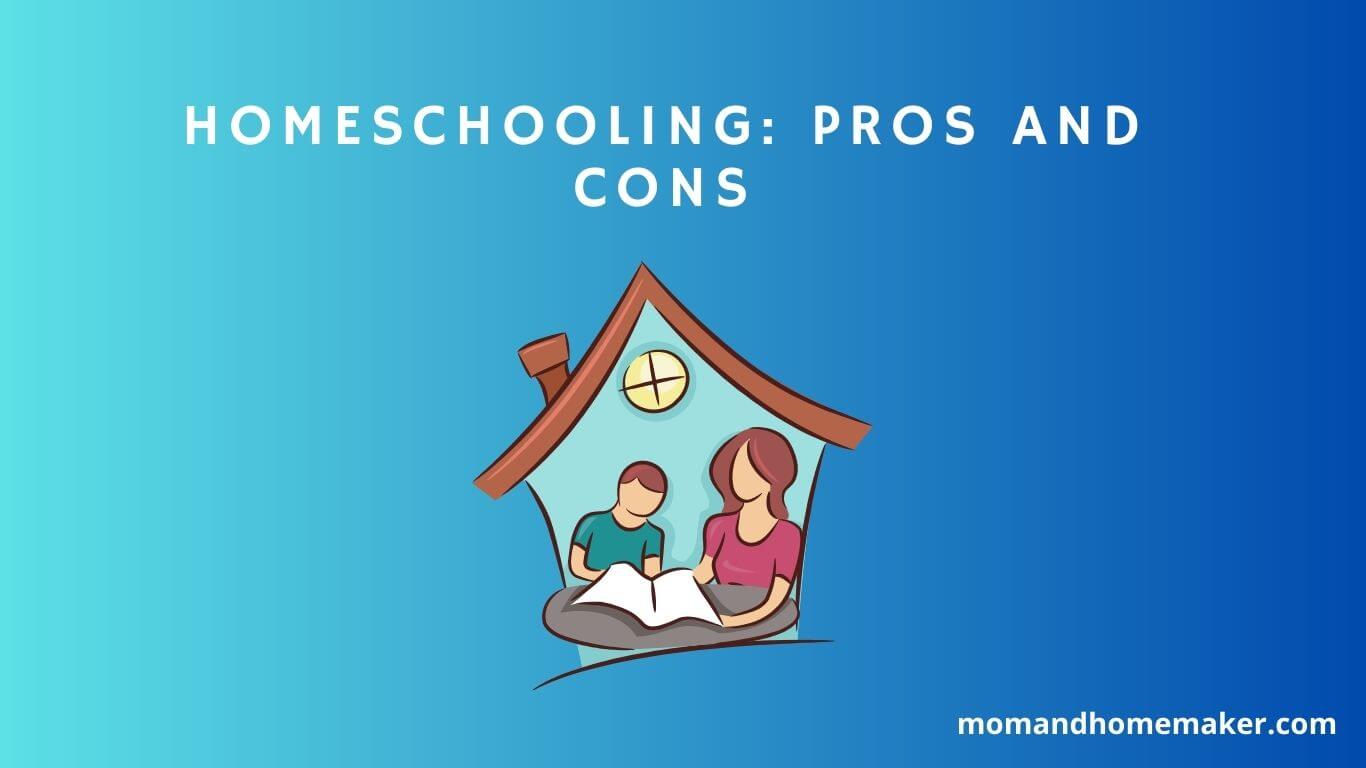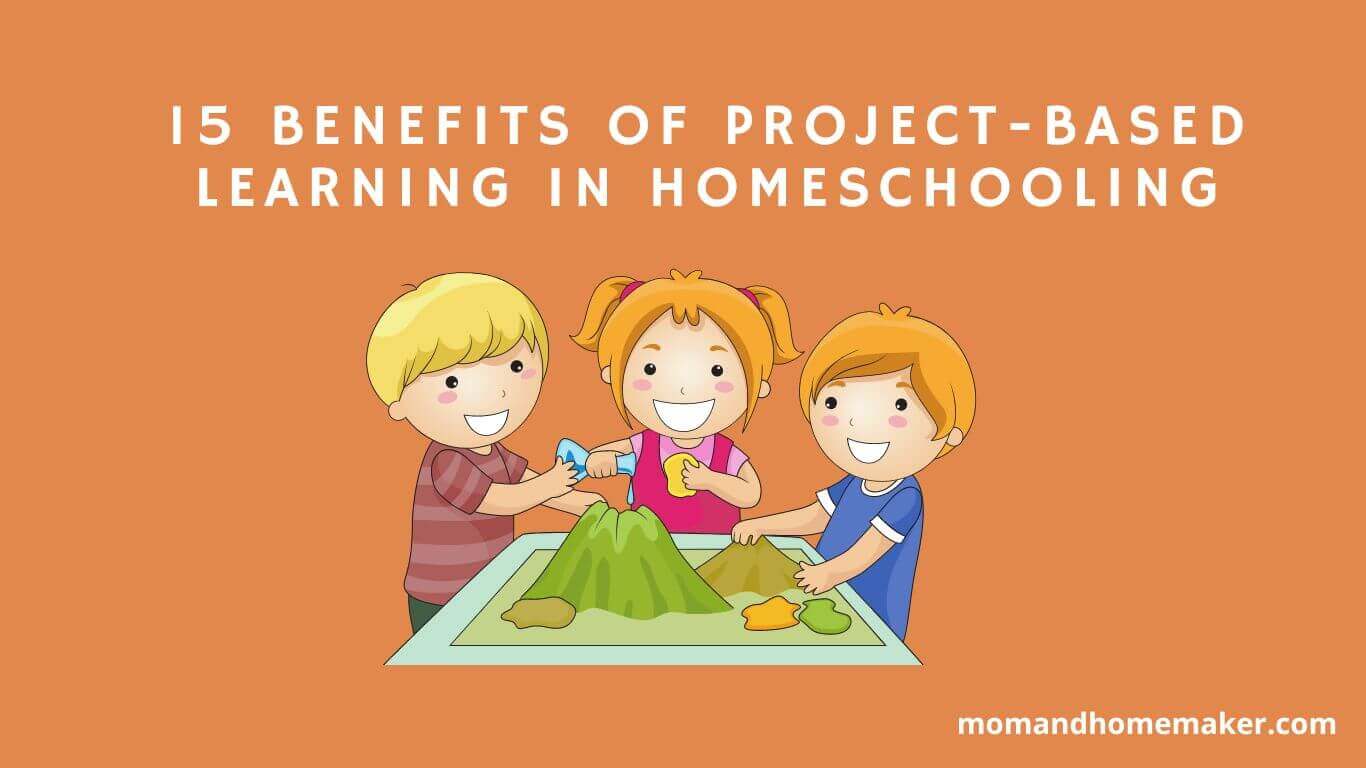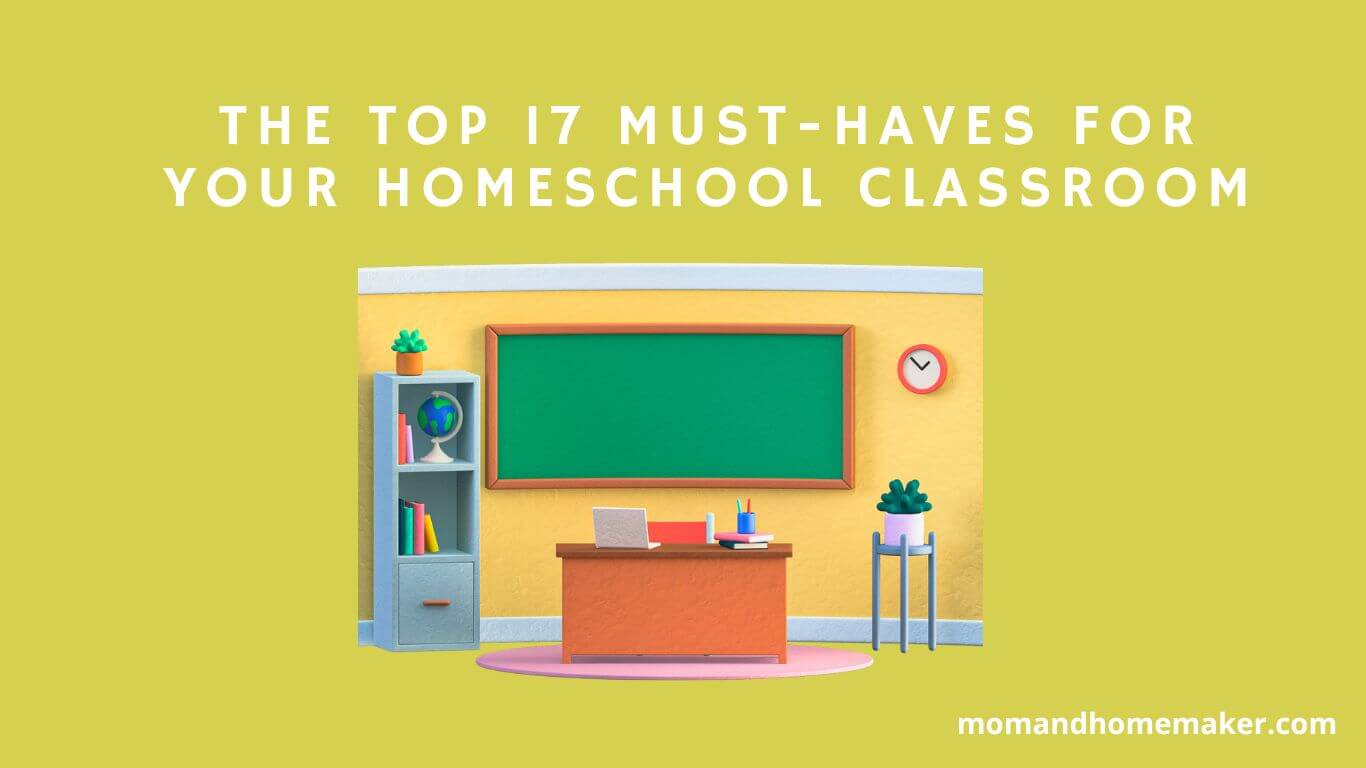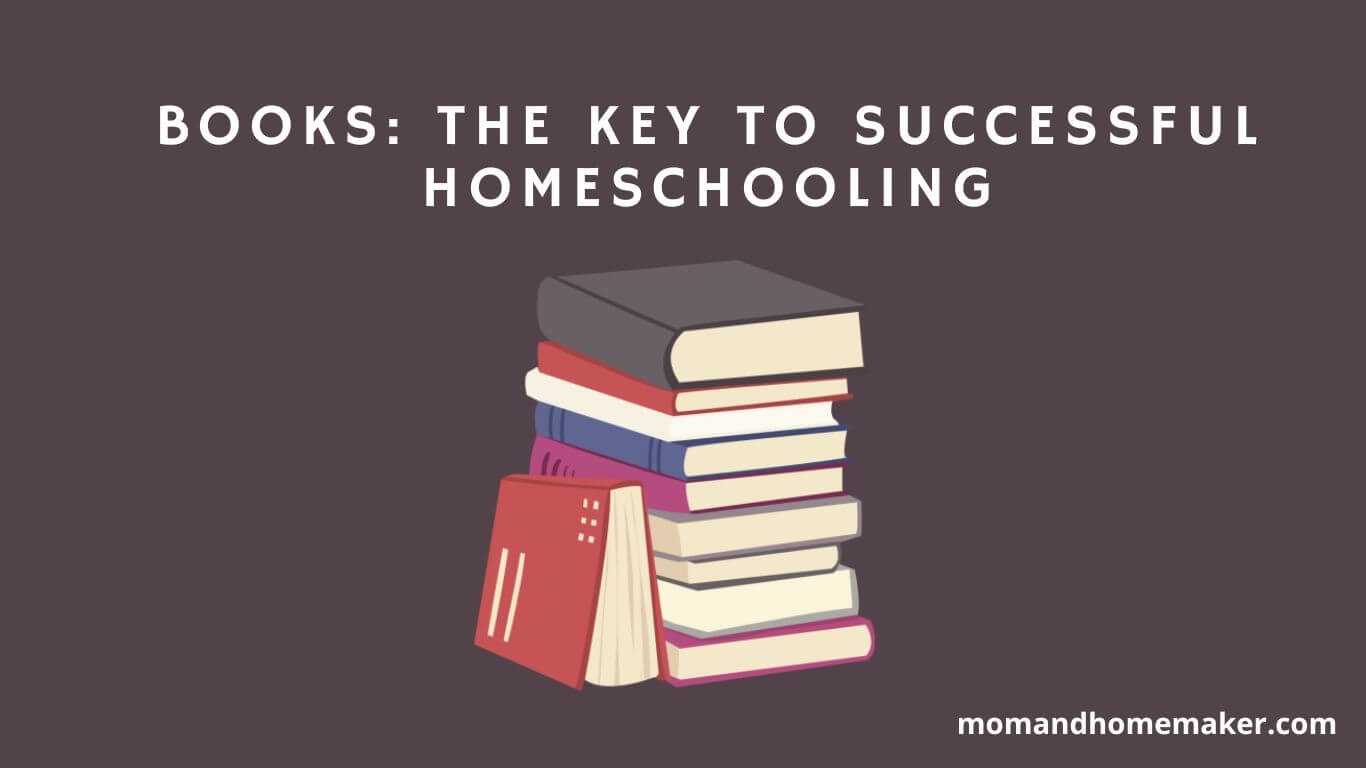Are you considering homeschooling your children? Have you thought about incorporating a bilingual or multilingual approach into their education? There are countless benefits to raising bilingual or multilingual children, and these advantages only increase when homeschooling is added into the mix.
Bilingual or multilingual homeschooling can provide a unique educational experience for your child that goes beyond the academic realm. The ability to fluently speak multiple languages can open doors to new cultures and perspectives, as well as improve communication skills and cognitive abilities.
In this article, we will explore 15 benefits of bilingual or multilingual homeschooling that will not only benefit your child’s education but also enrich their personal growth and development.
Table of Contents
Benefits Of Bilingual Or Multilingual Homeschooling
1. Improved Cognitive Function
Our brains are like muscles, they require constant exercise to stay in shape. Bilingual homeschooling is like a workout for the brain, constantly challenging and pushing it to new heights. With each new language learned, the brain develops new neural pathways, improving overall cognitive function. Studies have shown that bilingual brain development leads to improved executive function, such as better problem-solving skills and increased attention span.
This is because the brain must constantly switch between languages, making it more adaptable and flexible in processing information. In addition to these cognitive benefits, bilingual or multilingual homeschooling can also lead to enhanced communication skills.
As we learn new languages, we become more aware of cultural differences and nuances in communication styles. This awareness fosters empathy and understanding toward others, making us better communicators overall.
2. Enhanced Communication Skills
Good communication is the key to success in life, and bilingual or multilingual homeschooling can help your child develop strong communication skills. Language acquisition strategies such as immersion and translation exercises can be used to enhance your child’s language abilities. This will enable them to communicate fluently with people from different backgrounds and cultures.
Bilingualism has been linked to increased emotional intelligence. Emotional intelligence is defined as the ability to understand and manage one’s own emotions, as well as the emotions of others. Bilingual children have an advantage in this area because they are exposed to different ways of expressing themselves and understanding others’ perspectives.
Enhanced communication skills are just one of the many benefits of bilingual or multilingual homeschooling. By incorporating language acquisition strategies into your child’s education, you can help them become more confident communicators who are better equipped to navigate the diverse world around them.
As your child grows and develops their language skills, they will also gain better problem-solving abilities. By being able to think critically in multiple languages, they will be able to approach problems from different angles and come up with more creative solutions.
3. Better Problem-Solving Abilities
Bilingualism and multilingualism have been shown to enhance problem-solving techniques. The ability to think outside of the box and approach problems from different angles is a valuable skill that can be developed through bilingual brain development.
When children are exposed to multiple languages at an early age, they learn to navigate between them seamlessly. This not only strengthens their language skills but also trains their brains to adapt quickly to new situations.
In homeschooling environments, parents can incorporate problem-solving activities in both languages. For instance, puzzles and riddles can be presented in both languages, challenging children’s minds while building their vocabulary. Bilingual homeschoolers can also engage in projects that require creativity and critical thinking, such as creating a story or designing a game. These activities not only improve problem-solving skills but also foster a love for learning in both languages.
- Engaging in brain teasers and puzzles
- Encouraging creativity through projects
- Exposing children to real-world scenarios that require problem-solving skills
As we’ve seen, bilingualism and multilingualism do more than just expand children’s language abilities; they also contribute significantly towards developing essential life skills like problem-solving techniques. In the next section, we’ll delve into how speaking multiple languages increases cultural awareness – an advantage that cannot be overlooked.
4. Increased Cultural Awareness
Did you know that according to a study conducted by the European Commission, 54% of Europeans are able to speak at least one additional language? This statistic highlights the importance of being multilingual in today’s global society. By homeschooling your child in multiple languages, you can provide them with a unique opportunity to become culturally immersed and gain proficiency in multiple languages.
Cultural immersion is an important aspect of bilingual or multilingual homeschooling. It allows children to experience different cultures firsthand, which can lead to increased empathy and understanding for people from diverse backgrounds. Additionally, language acquisition is often more effective when learned in context, making cultural immersion an essential component of language learning.
To further illustrate the benefits of cultural immersion and language acquisition, consider the table below:
| Language | Countries Spoken In | Number of Native Speakers |
|---|---|---|
| Spanish | Spain, Mexico, Colombia, Argentina, etc. | Over 460 million |
| Mandarin Chinese | China, Taiwan, Singapore | Over 1 billion |
| French | France, Canada, Switzerland, Belgium | Over 220 million |
As you can see from the table above, each language is spoken in multiple countries and by millions of people worldwide. By encouraging your child to learn these languages through cultural immersion and practice with native speakers or through travel experiences abroad or international exchange programs will help improve their communication skills and expand their worldview.
Learning multiple languages through cultural immersion not only provides cognitive benefits but also allows individuals to connect with others on a deeper level. The ability to communicate with others in their native tongue builds trust and creates opportunities for lasting relationships. In addition to improved cultural awareness and language acquisition skills, bilingual or multilingual homeschooling has been shown to improve memory retention as well – which we’ll explore more in the subsequent section.
5. Improved Memory Retention
Memory retention is a crucial aspect of learning, and it is one of the many benefits of bilingual or multilingual homeschooling. Children who are exposed to multiple languages have been shown to have better memory retention than those who are not. This is because their brains are constantly working to process and store information in different languages.
Memory techniques also play a significant role in improving memory retention. Bilingual or multilingual homeschooling allows children to learn and practice these techniques in different languages, further enhancing their ability to retain information.
For example, mnemonic devices such as acronyms and rhymes can be used in both languages to aid memorization.
Language immersion is another effective way to improve memory retention. When children are fully immersed in a language, they are forced to use it constantly, which helps them develop stronger neural connections related to that language.
Bilingual or multilingual homeschooling provides an ideal environment for language immersion since children can receive instruction in both languages from a young age. By improving memory retention through bilingual or multilingual homeschooling, children can reap numerous benefits throughout their lives.
They will be able to learn more effectively and efficiently, retain information for longer periods of time, and have greater confidence in their abilities. Additionally, strong memory skills can lead to greater career opportunities, which will be discussed in the subsequent section.
6. Greater Career Opportunities
With the improved memory retention that comes from bilingual or multilingual homeschooling, students are better equipped to take on challenges in their academic and professional lives. However, this is not the only benefit that comes with being fluent in multiple languages.
In today’s globalized world, having a second or third language can greatly enhance career opportunities. Many companies and organizations now require employees who are able to communicate with partners and clients across the globe. Being bilingual or multilingual can make you stand out as a valuable asset to these employers. It also opens up opportunities for international travel and business ventures. With the ability to speak multiple languages, individuals have access to a wider range of job markets and industries.
Furthermore, being bilingual or multilingual allows for greater global networking. Networking is an important aspect of advancing one’s career, and being able to communicate with people from different parts of the world is invaluable in building connections. By speaking more than one language, individuals have the opportunity to connect with people from diverse backgrounds, cultures, and perspectives. This not only enhances career opportunities but also provides personal growth through exposure to different ways of thinking.
As we can see, bilingual or multilingual homeschooling offers numerous benefits beyond just improved memory retention. Being fluent in multiple languages can lead to greater career advancement and opportunities for global networking. In the next section, we will explore how being bilingual or multilingual can enhance travel experiences even further.
7. Enhanced Travel Experiences
Being bilingual or multilingual can significantly enhance travel experiences. Language immersion is an essential aspect of learning a new language and being able to communicate effectively with locals while traveling can open up a whole new world of opportunities. Whether you’re ordering food at a street vendor or asking for directions, speaking the local language helps to break down cultural barriers and creates a deeper connection with the people you encounter.
Moreover, bilingual or multilingual homeschooling provides students with a global perspective that allows them to understand different cultures beyond their own. This understanding leads to more meaningful interactions with locals while traveling and fosters empathy toward others’ perspectives. It also encourages students to explore diverse regions of the world, leading to unique travel experiences that are not limited by language barriers.
Being bilingual or multilingual can promote improved safety when traveling. Understanding warning signs or emergency instructions in different languages can be critical in times of need and may even save lives. This safety factor alone makes it worthwhile for homeschooling parents to prioritize teaching their children multiple languages.
With improved communication skills and cultural understanding, relationships with family and friends can be significantly enhanced as well.
8. Improved Relationships With Family And Friends
Bilingual or multilingual homeschooling provides a unique opportunity for families to strengthen their relationships with each other and with their friends. Family dynamics can be greatly improved through the shared experience of learning a new language together. Parents can bond with their children as they work together to master a new language, while siblings can support each other in their language-learning journey.
Social connections can also be enhanced through bilingual or multilingual homeschooling. Children who are fluent in more than one language have an advantage in making friends from diverse backgrounds and cultures. They are able to communicate effectively with people from different parts of the world, which opens up new possibilities for social interactions and friendships.
To help illustrate the benefits of improved family dynamics and social connections, consider the following table:
| Benefits of Bilingual/Multilingual Homeschooling | Examples |
|---|---|
| Strengthened relationships within families | Parents bonding with children over language learning |
| Improved communication skills | Children making friends from diverse cultures |
| Increased empathy and understanding | Siblings supporting each other in language learning |
Bilingual or multilingual homeschooling is not only beneficial for improving relationships, but it can also lead to improved academic performance. By mastering multiple languages, students can enhance their cognitive abilities and develop better critical thinking skills. In the next section, we will explore how bilingual/multilingual homeschooling can positively impact academic performance.
9. Improved Academic Performance
As a result of language immersion, bilingual or multilingual homeschooling can significantly improve academic performance. Education methods that involve teaching in two or more languages have been shown to enhance cognitive development in children. This is because the brain has to constantly switch between languages, which strengthens its ability to process information and increases overall mental flexibility.
Bilingual advantages extend beyond just language skills. Studies have shown that students who are proficient in multiple languages tend to score higher on standardized tests and exhibit better problem-solving abilities.
Additionally, being bilingual opens up opportunities for students to connect with people from different cultures and backgrounds, which can lead to increased empathy and understanding.
10. Increased Creativity And Flexibility
Language immersion through bilingual or multilingual homeschooling can lead to increased creativity and flexible expression. Children who are exposed to different languages at a young age tend to be more open-minded and adaptable to new situations. They learn to think outside the box and express themselves in unique ways, which can enhance their creative abilities.
Cultural exploration is another benefit of bilingual or multilingual homeschooling, as children are exposed to different customs, traditions, and ways of life. By learning about diverse cultures, they gain a broader perspective on the world around them and develop empathy toward others. This understanding of different perspectives can help children become more creative in problem-solving and innovative thinking.
Flexibility training is also an important aspect of bilingual or multilingual homeschooling. Children who learn multiple languages are constantly shifting between different grammatical structures, pronunciation rules, and vocabulary sets. This cognitive exercise strengthens their ability to adapt quickly to changes in their environment, which can be a valuable skill in both personal and professional settings.
11. Better Adaptability To Change
Being able to speak more than one language opens up countless opportunities for cultural immersion, which in turn leads to greater understanding and empathy towards people from different backgrounds. Adapting to change is a vital skill that many people struggle with. In today’s globalized society, it’s becoming increasingly important to be able to navigate different environments and situations with ease. Bilingual or multilingual homeschooling can help develop this skill by exposing students to different cultures and ways of thinking.
Learning another language requires a level of flexibility and adaptability that translates well into other areas of life. Cultural immersion is another key benefit of bilingual or multilingual homeschooling. When students learn about other cultures through language study, they gain a deeper understanding of the values, beliefs, and customs that shape those societies.
This kind of cross-cultural exchange helps build bridges between people from different backgrounds and can ultimately lead to greater harmony and collaboration on a global scale. By fostering empathy and understanding towards others, bilingual or multilingual homeschooling has the power to create positive change in our world.
Improved empathy and understanding are natural byproducts of exposure to diverse languages and cultures, making it easier for individuals to connect with others on a deeper level regardless of their background or ethnicity. With these powerful tools at their disposal, students who experience bilingual or multilingual homeschooling are poised to become leaders who promote unity rather than division in our ever-changing world.
12. Improved Empathy And Understanding
Exposure to different languages and cultures from a young age allows children to develop cross-cultural empathy, which is the ability to understand and appreciate cultural differences. Children who are exposed to linguistic diversity early on are more likely to be open-minded, tolerant, and respectful of others.
Being bilingual or multilingual also promotes cognitive flexibility, which means that children can switch between languages and adapt their communication style depending on the audience. This skill is essential in developing empathy because it allows children to understand how language influences social interactions. They can pick up on nuances in communication styles from different cultures, which enhances their ability to understand and empathize with people from diverse backgrounds.
In addition, bilingual or multilingual homeschooling provides opportunities for children to interact with native speakers of other languages. Such interactions facilitate cultural exchange and allow children to appreciate different perspectives. These experiences not only promote empathy but also help children develop a sense of global citizenship.
By providing opportunities for cross-cultural education and promoting linguistic diversity, bilingual or multilingual homeschooling nurtures empathy in children. This skill is essential for serving others as it enables individuals to relate better with those around them regardless of their background.
13. Enhanced Confidence And Self-Esteem
Personal growth and social skills are essential components of a child’s development. Bilingual or multilingual homeschooling can have a significant impact on both. Children who are exposed to different languages and cultures from an early age learn to appreciate diversity and develop empathy toward others. As they grow older, they become more confident in their ability to communicate with people from different backgrounds. This newfound confidence translates into improved social skills, making it easier for them to form meaningful relationships.
Cultural identity and language fluency are also crucial aspects of personal growth. They can connect with their family’s traditions while also embracing new customs and beliefs from other cultures. Being bilingual or multilingual also opens up new avenues for communication, making it easier for children to express themselves creatively and intellectually.
To better understand the benefits of bilingual or multilingual homeschooling on personal growth, consider the following table:
| Trait | Monolingual Child | Bilingual/Multilingual Child |
|---|---|---|
| Confidence | May struggle with communicating effectively with others outside of their culture/language | Feels confident communicating in various languages/cultures |
| Self-Esteem | May feel isolated or disconnected when faced with unfamiliar situations/people | Feels connected, appreciated, & valued by multiple communities |
| Empathy | Might have difficulty understanding individuals from different cultures due to lack of exposure/understanding of language barriers | More empathetic towards individuals regardless of cultural background due to experience navigating multiple ways of communicating |
Bilingual or multilingual homeschooling offers numerous benefits that can enhance a child’s personal growth and social skills while promoting cultural identity and language fluency.
14. Improved Brain Plasticity
Did you know that being bilingual or multilingual can actually improve your brain plasticity? That’s right, it allows your brain to be more flexible and adaptable. Brain plasticity refers to the brain’s ability to change and adapt throughout one’s life. Studies have shown that learning a second language can increase this plasticity. This is because when you learn a new language, your brain has to create new neural pathways. These pathways can help with problem-solving, critical thinking, and creativity.
Furthermore, being bilingual or multilingual also improves language acquisition skills. Children who are exposed to multiple languages have been shown to have better reading comprehension, larger vocabularies, and improved cognitive abilities compared to monolingual children.
So if you want your child to have a strong foundation for language learning, consider incorporating multiple languages into their homeschool curriculum.
15. Better Overall Health And Well-Being
Research has shown that being multilingual can delay the onset of age-related cognitive decline. This means that individuals who are fluent in multiple languages may experience better memory retention and sharper cognitive skills as they age. Learning multiple languages can improve executive functions such as attention control, task switching, and problem-solving. Learning a second language can provide cognitive benefits such as increased creativity and improved decision-making abilities.
Incorporating multilingualism into homeschooling not only offers academic benefits but also promotes improved health and well-being in children. By providing opportunities for children to learn multiple languages at home, parents can support their child’s cognitive development while also fostering empathy towards others and promoting overall mental health.
Conclusion
In conclusion, bilingual or multilingual homeschooling offers numerous benefits for both parents and children. It not only enhances communication skills but also promotes cultural awareness and a global mindset. It can lead to better job opportunities, cognitive development, and improved academic performance.
By embracing the advantages of bilingual or multilingual homeschooling, families can create a unique educational experience that incorporates language learning into everyday life. Whether you are a monolingual family looking to expand your horizons or a bilingual family seeking to maintain your heritage language, there is no better time than now to introduce bilingualism into your homeschool curriculum.

